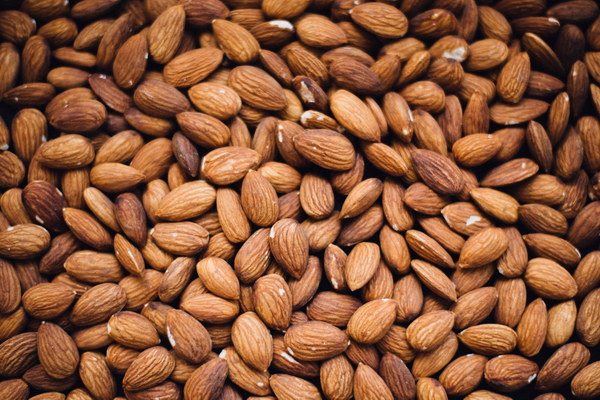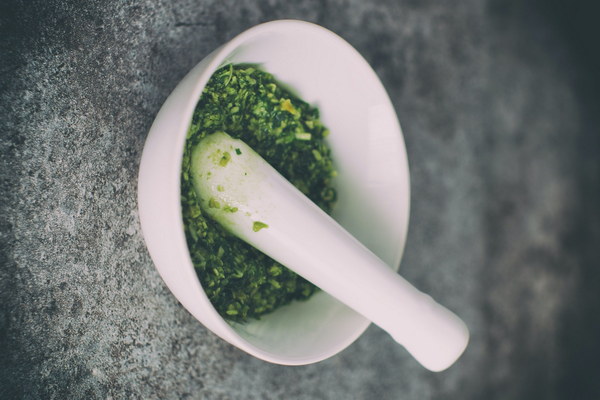The Consequences of Blood Deficiency on Liver Function A Comprehensive Insight
In traditional Chinese medicine, the concept of blood deficiency plays a significant role in understanding various health issues. One such issue is the impact of blood deficiency on the liver, a vital organ responsible for detoxification, metabolism, and blood production. This article delves into the concept of blood deficiency and its implications on liver function, offering insights into the importance of balancing the body's energy to maintain optimal health.
Blood deficiency, as described in Chinese medicine, refers to a condition where the body lacks sufficient blood to nourish its tissues and organs. The liver, being the primary organ associated with blood production and storage, is particularly affected by blood deficiency. When the liver is not adequately nourished, its functions can be impaired, leading to a range of health problems.
The liver is crucial for detoxification, as it filters out harmful substances from the bloodstream and converts them into less harmful forms. A deficient liver struggles to perform this vital function, leading to a buildup of toxins in the body. This accumulation of toxins can result in symptoms such as fatigue, irritability, and poor digestion.
Moreover, the liver plays a significant role in the production and regulation of blood. Blood deficiency can disrupt the liver's ability to produce blood, leading to anemia and a host of associated symptoms, including weakness, dizziness, and pale skin. Anemia can also cause a decrease in oxygen supply to the body's tissues, leading to further fatigue and weakness.
In addition to its role in blood production, the liver is responsible for maintaining emotional balance. A blood-deficient liver can lead to emotional instability, anxiety, and mood swings. This is due to the liver's connection to the mind and emotions, as well as its role in regulating the flow of qi (vital energy) throughout the body.
To address blood deficiency and its impact on the liver, traditional Chinese medicine (TCM) offers various treatment options. Acupuncture and herbal remedies are commonly used to nourish the liver and improve blood circulation. Acupuncture involves inserting fine needles into specific points on the body, promoting the flow of Qi and blood. Herbs such as Astragalus, Codonopsis, and Polygonum multiflorum are often prescribed to strengthen the liver and improve blood production.

Dietary adjustments are also crucial in treating blood deficiency. Consuming foods rich in iron, vitamins, and minerals can help replenish blood levels. Examples of such foods include leafy green vegetables, red meat, beans, and lentils. In addition, incorporating foods that support liver function, such as milk thistle and artichoke, can be beneficial.
Regular exercise and stress management are also important aspects of treating blood deficiency. Exercise promotes the circulation of blood and Qi, while stress reduction helps maintain emotional balance. Activities such as yoga, tai chi, and meditation can be particularly beneficial in promoting overall health and well-being.
In conclusion, blood deficiency can have a profound impact on liver function and overall health. By understanding the connection between blood and the liver, and employing the appropriate treatments and lifestyle modifications, individuals can effectively manage blood deficiency and maintain optimal liver health. Traditional Chinese medicine offers a wealth of knowledge and resources for addressing this condition and promoting overall well-being.









